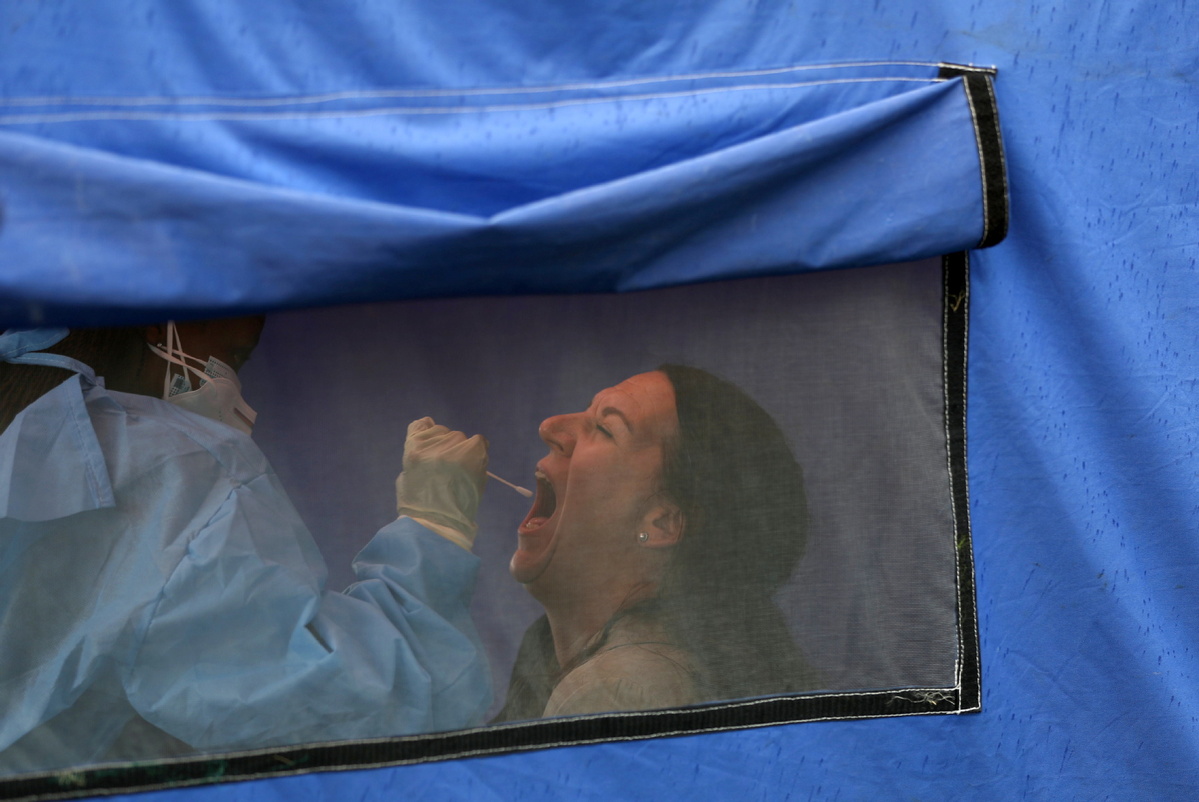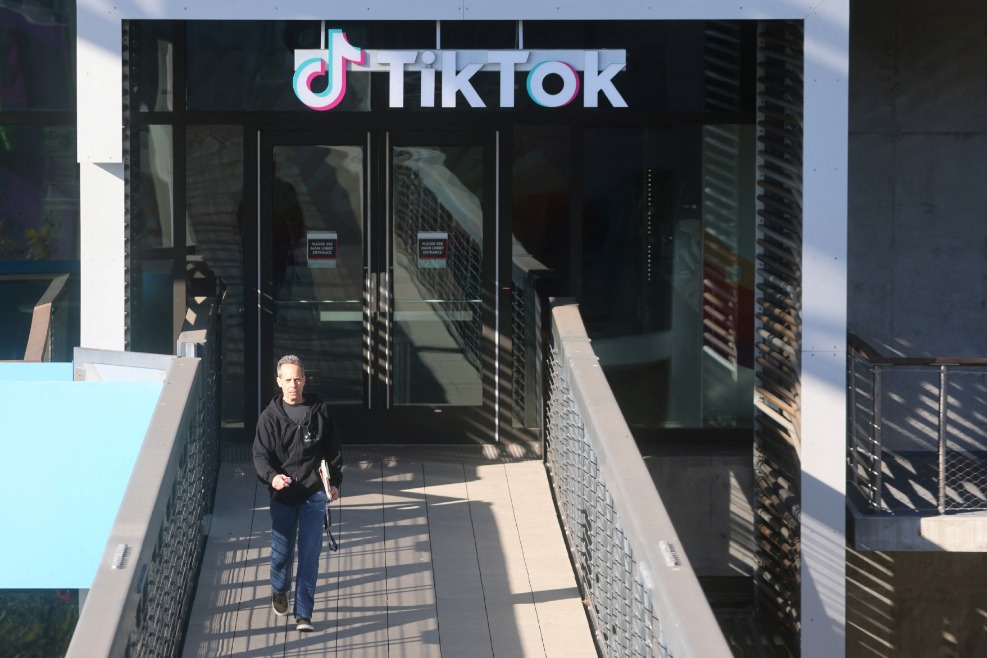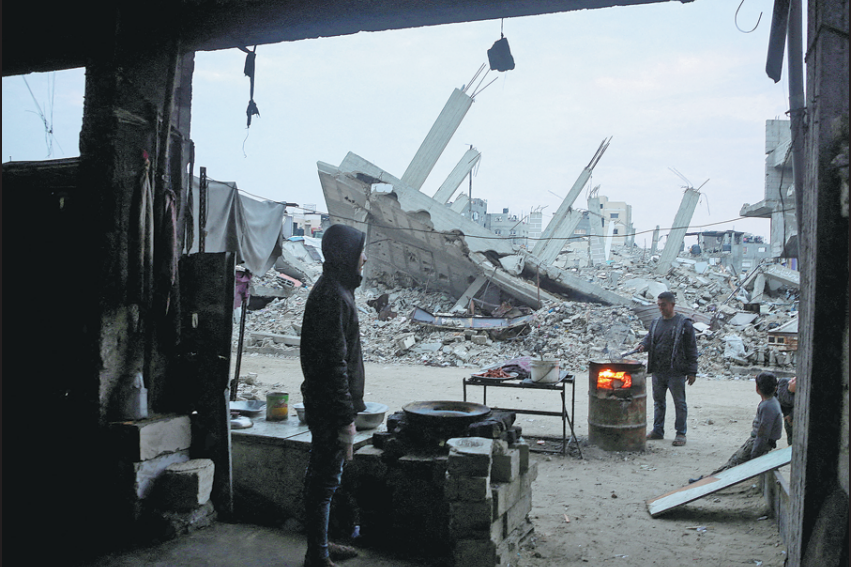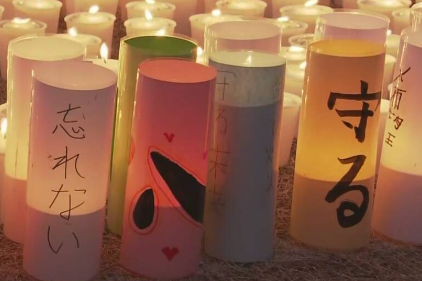African countries brace for second wave of COVID-19


With the second wave of coronavirus spreading at an alarming rate in Africa amid an emerging variant of the virus that appears more transmissible, countries are re-imposing some measures to contain the situation.
According to the Africa CDC, over the past four weeks the continent has recorded an 18 percent average increase in new cases each week.
Additionally, the World Health Organization reported that an average of 25,223 cases were reported daily across Africa between Dec 28 and Jan 10, nearly 39 percent higher than the July 2020 two-week peak of 18,104 daily average cases.
The numbers are expected to rise further in the coming days due to flouting of coronavirus health precautionary measures during the just-ended Christmas and New Year holidays.
It's in light of this reality that countries are taking actions to avoid undermining efforts being made to revitalize their economies, flatten infection curves and put their countries back on the path of growth.
South Africa, the most affected country in the continent with over 1.3 million confirmed cases and almost 37,000 deaths, and now struggling with a new variant of the virus, has already banned public meetings, banned the sale of alcohol and extended curfew hours.
Additionally, on Friday, Dr Reginah Mhaule, the deputy minister of Basic Education, announced postponement of school reopening from last Wednesday for teachers to Feb 1, and from Jan 25 for students to Feb 15.
Mhaule said the move is aimed at providing relief to the health system, which is already struggling to cope with current demands.
Last week, photos of patients being treated in the parking area of Steve Biko Academic Hospital in Pretoria, one of the country's three capital cities, were circulating on social media.
The Gauteng Department of Health confirmed the sad reality, noting that there has been a sharp increase in the number of coronavirus patients since December.
Mhaule said the Department of Basic Education will work closely with all nine provincial education departments to establish the true extent of the impact of the virus resulting from the deaths of educators, workers and leaders in the sector, especially during the December-January holidays.
"What is required now is absolute vigilance, alertness and most of all, strict adherence to the health, safety, and social distancing measures that have been put in place," Mhaule said.
Just like South Africa, Rwanda closed nursery, primary and secondary schools operating in the capital, Kigali, for two weeks, effective from Monday.
The move is aimed to further contain spread of coronavirus, as the city becomes a hot spot for the virus.
On Jan 4, the country revised and tightened health measures to slow the spread of coronavirus.
Among the measures included were a night curfew from 8 pm to 4 am, closure of businesses by 6 pm, prohibition of public and private transport to and from Kigali, and moving from one district to another.
Ghana, which is currently experiencing the new strain of coronavirus, on Sunday warned of a health system overload as cases continue to surge.
In his 22nd address to the nation on efforts by the government to curb the spread of the pandemic, President Nana Akufo-Addo said infection cases rose from 900 to 1,924 in a period of two weeks.
"Particularly worrying is the fact that the Ghana health service is recording, on the average, 200 new infections cases daily. The number of patients requiring hospitalization and intensive care is rising. Severe cases have risen from 18 a week ago to 120," he said.
In addition to arriving passengers, Akufo-Addo attributed increased cases of infections to failure to wear masks as people attended parties, weddings, funerals, year-end programs and family get-togethers.
"At this current rate, where 13 out of the 16 regions have recorded active cases, our healthcare infrastructure will be overwhelmed," he said.
"I have instructed the inspector general of police to direct officers, men and women of the police service to ensure the rigorous enforcement of the law on mask wearing at all public places and in public transport."
He also urged police to ensure closure of all night clubs, pubs, cinemas and beaches that may be operating in defiance of the law.
"We do not want to go back to the days of partial lockdowns, which had a negative impact on our economy and on our way of life. But should the number of active cases continue to increase at the current rate, I will have no option but to re-impose these restrictions because it is better to be safe than to be sorry," Akufo-Addo said.
































